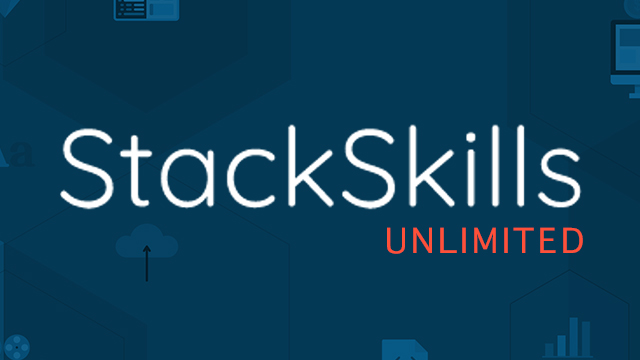StackSkills

-
Explore
-
Just In
The 2020 Learn to Code Bundle
Learn to code from scratch with the latest and greatest tools and techniques.
Enroll Now -
Hot Bundle
Master Photoshop & The Entire Creative Cloud
From Photoshop to After Effects, learn professional creative tools from the experts.
Enroll Now -
Unlimited Learning
Expand Your Mind with StackSkills Unlimited
Snag unlimited access to 1,000+ courses for life — now just $99 with this deal!
View Deal -
Course Categories
All Courses
-
- All Courses
- Course Bundles
- Log In
- Sign Up










